Green architecture – Misool Eco Resort, Indonesia
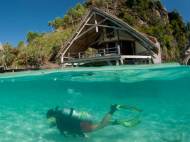 Misool Eco Resort is an exclusive dive resort and conservation centre located in the southern part of Raja Ampat, Indonesia. It is located at a private resort island Batbitim, which is fringe with powder-white beaches, protected by stunning clear lagoons and abundant reefs. With just nine guest holiday cottages, Misool Eco Resort is able to offer exclusive luxury diving holidays, surrounded by the world’s richest reefs.
Misool Eco Resort is an exclusive dive resort and conservation centre located in the southern part of Raja Ampat, Indonesia. It is located at a private resort island Batbitim, which is fringe with powder-white beaches, protected by stunning clear lagoons and abundant reefs. With just nine guest holiday cottages, Misool Eco Resort is able to offer exclusive luxury diving holidays, surrounded by the world’s richest reefs.
Designed by Viv Faithfull from WH Architects, Misool Eco Resort offers two levels of accommodation. Eight Water Cottages are located in the North Lagoon, built on stilts over the water, with private verandas and luxurious comfort and stunning views. The resort also has one deluxe villa, Villa Tabisasu, located on the eastern edge of the North Lagoon, which offers more space and privacy. Beach-front restaurant is located on the North Beach, looking out over a shallow turquoise lagoon. Most of the fine carpentry work, such as making doors, windows, and furniture, was done locally.
The pier has been constructed from a salvaged 22-inch metal pipe. With the exception of a few furniture samples and plywood, all the wood used for resort construction has been salvaged hardwoods. They excavated driftwood buried under beach sand, and then milled every single piece by hand with a portable saw mill. This wood has been purchased directly from the local people rather than logging conglomerates.
The cottages use natural thatch roofing – a locally made product, and an excellent insulator. In order to lower the energy consumption required for cooling, the cottages have deep verandahs and low roof lines, thus decreasing the amount of solar heat which enters the building. The steeply pitched roofs and open eaves create a natural ventilation system. Cavity walls are insulated with coconut fibers and treated with borax, a natural termite deterrent.
Unfortunately, since the resort is located on an isolated location, the power is mostly provided by generators which use fossil fuels. However, they are trying different alternatives in order to provide power for the resort. Examples are a small wind turbine which provides the power for the staff bungalows, and a small solar panel provides additional power for the Dive Centre in the evenings. Most interestingly, the folks from Misool Eco Resort claim that they hope to switch from fossil fuels to biodiesel fuel from locally produced coconut oil.
The resort has a drilled well, and a desalination unit, but since the drinkable water is scarce on the island they used water-saving shower heads and taps in order to lessen the consumption. Grey water is processed with waste water gardens and then redirected to flush toilets. All of the kitchen scraps are composted, thus providing a great fertilizer for the organic kitchen gardens.
In order to lessen the impact on the surrounding nature, the plants and are sprayed trees with an unsavory mix of tobacco and water. The inorganic matter is returned to Sorong for proper recycling and disposal. The amount of toxins released into the waste system is also reduced with provided biodegradable soaps and shampoos. The guests are provided with a sterilized reusable water bottle, refilled at no cost with safe drinking water, in order to keep the island free from disposable plastic water bottles.
In agreement with local hosts, the folks from Misool Eco Resort leased more than 400 km of sea surrounding Batbitim. This includes many of Raja Ampat’s finest dive sites, including the Manta Cleaning Station, Boo, Fiabacet, Gorgonian Passage, and Yillet. Within this area, all fishing, shark finning, harvesting of turtle eggs and shellfish are strictly prohibited. All boats are required to practice reef-safe anchoring.

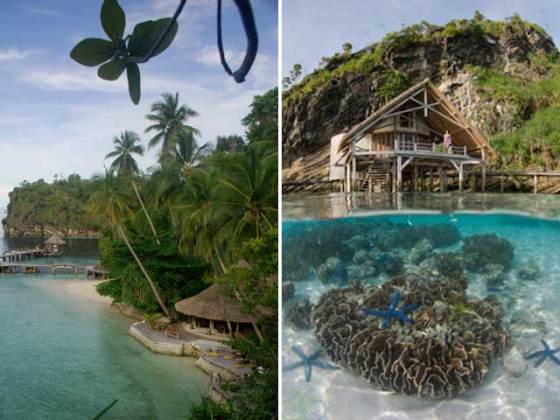
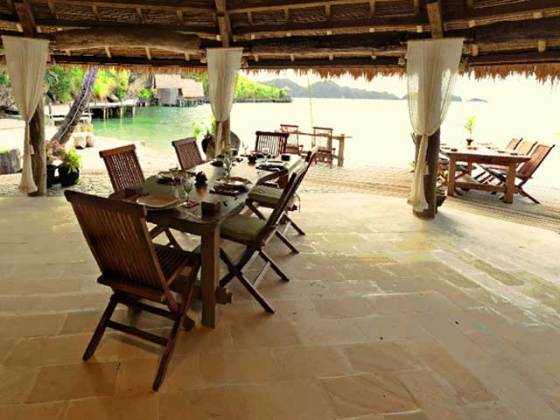
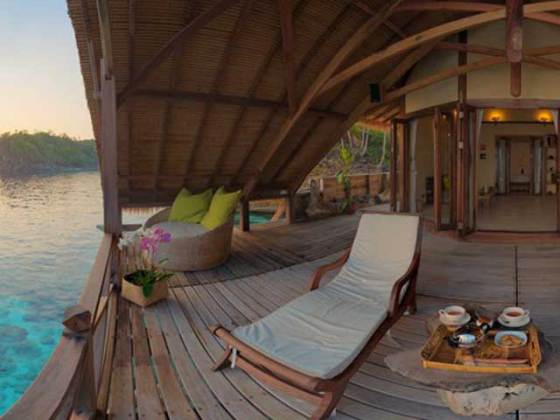
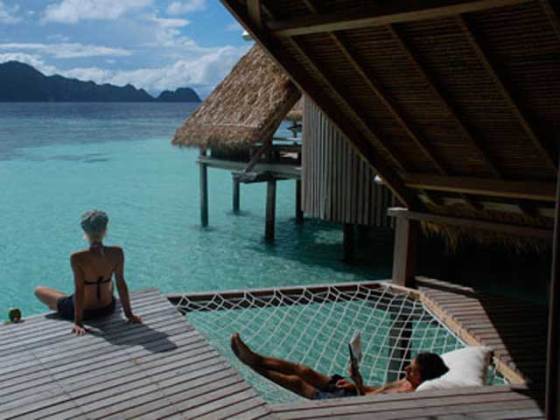
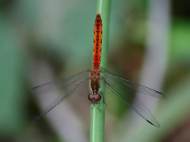
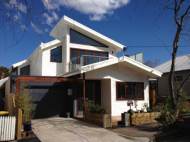
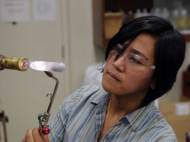
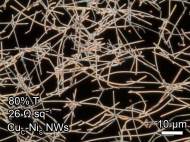
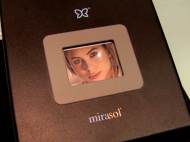
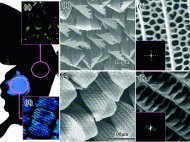
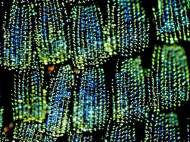

Leave your response!